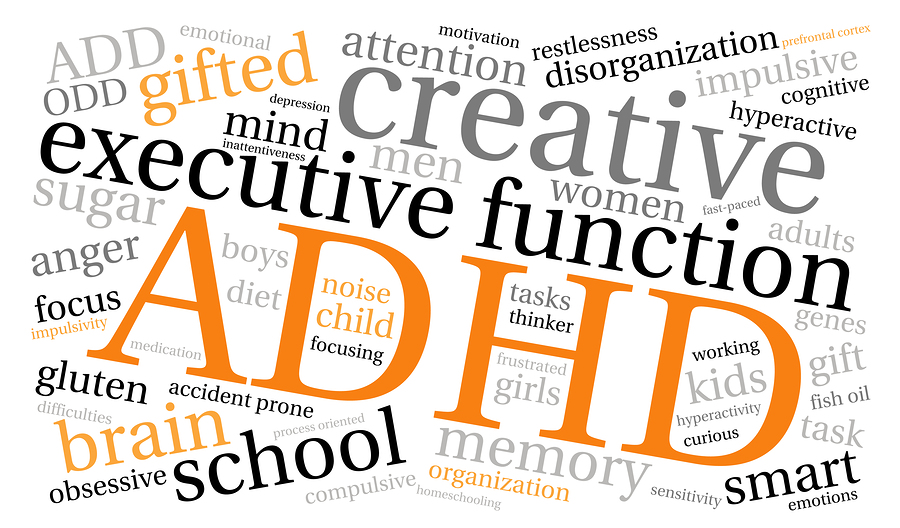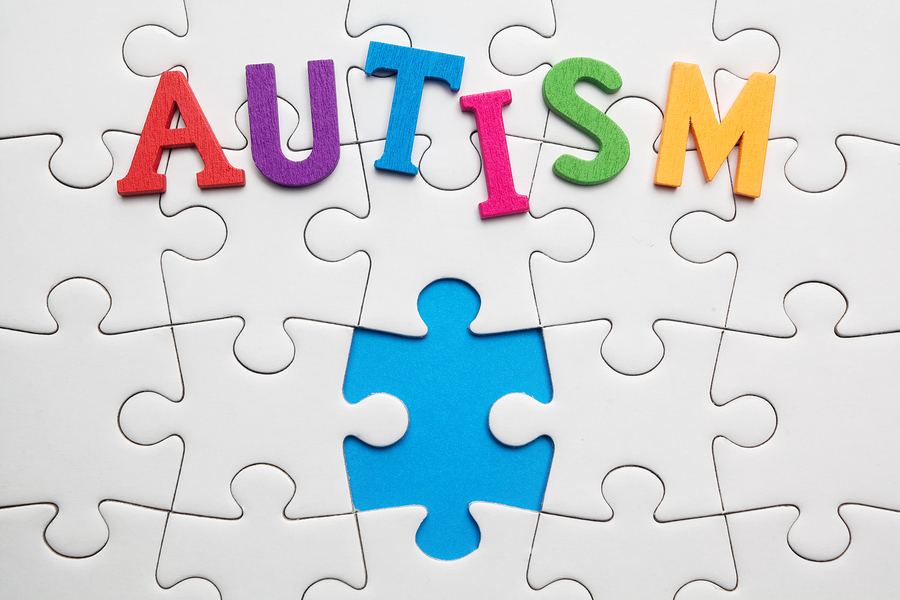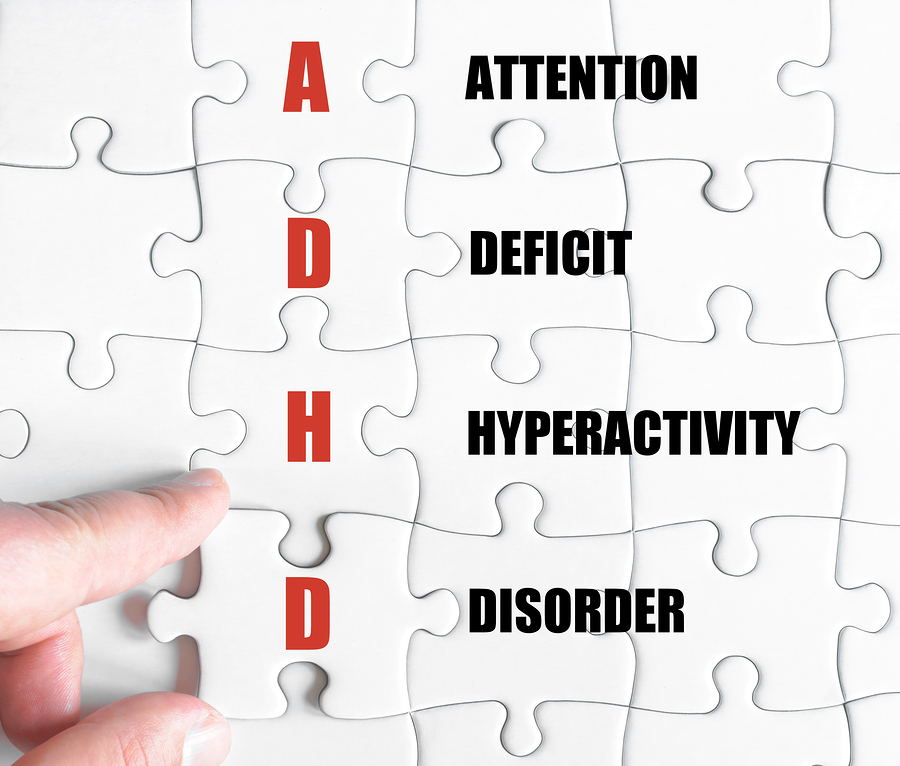- Make It Yourself Lavender Heart-Shaped Bath Bombs!
- 20 Things You Never Knew About “Down There”
- 12 Best Foods For Those Suffering From Arthritis Pain
- 12 Personal Hygiene Mistakes Almost Everyone Makes (Mom Never Told You About #4!)
- 15 Medicinal Plants And Herbs From The Cherokee People
- 12 Mind-Blowing Benefits Of Drinking Coconut Water During Pregnancy
- 12 Outstanding Winter Foods That Won’t Fatten You Up Like A Christmas Turkey
Essential Tips For Parents Of A Child With ADHD

Photo credit: bigstock.com
In the United States, the rate of autism and diagnoses of ADHD are increasing every year. Since the conditions are becoming more common, more and more people are impacted by them. If you’re the parent of a child with either of these conditions, you have some challenges ahead of you. Understanding is essential when helping your child and those in your life understand these conditions.
More than Genetics
In today’s world, children seem to struggle with more illnesses when compared with children in the past. This seems odd when you consider some of the many advancements in medicine. Some of the culprits arise from increased use of hormones or chemicals.
In fact, some recent studies have suggested that some of our modern conveniences are to blame for the increase in childhood illnesses. While it is difficult to narrow down a single cause, one thing is clear: Autism and ADHD are modern illnesses.
For one, modern agriculture and the use of pesticides is a big contributor. Growing the food we eat and coating it in essentially poison just doesn’t sound like a good idea – and it’s all done in the name of reducing pests. Environmental causes are a huge contributor when it comes to the health of your child.
Continue to Page 2

Photo credit: bigstock.com
The Many Symptoms of Autism and ADHD
The symptoms of autism do not fit into a single mold. This is not a one-size-fits-all disease; in fact, your child could have many symptoms or just a single one. The disease may also be misdiagnosed or overlooked if it doesn’t fit into the traditional idea of what autism looks like. Once a diagnosis occurs, your child may be labeled as disabled, which can bring about other issues or expectations.
For children with ADHD, there are many similar experiences because the condition features a broad spectrum of symptoms. Many professionals rely on an assessment of your child’s behavior rather than a clinical diagnoses. This leaves a lot of room for interpretation.
Continue to Page 3

Photo credit: bigstock.com
The Medications Involved
There’s a good chance that you were never told about the large number of pharmaceuticals and medications being developed to treat your child. As the profit of medications exceeds the best interest of your child, it is hard to find someone to trust. That even goes for the information available online or through scientific sources. The root cause of this is the pharmaceutical industry, which represents itself as a scientific entity but is really a corporation out to make money. Modern medicine is at the mercy of these industries, and sometimes money wins over your best interests.
Is It Really a Disorder?
The concept that children are being pigeon-holed into diagnoses to sell drugs is not a new idea. It leads us to question whether some children are being given a diagnosis in order to sell more prescription drugs. The fact remains that many children exhibiting symptoms of ADHD are “just being kids,” and some may even be too intelligent for or bored with the typical curriculum. There are no standardized tests for determining if a child has ADHD, and so it leaves a lot of room for error. If ADHD is the automatic, catch-all for bad behavior, you run the risk of having a child live under the burden of a false diagnosis. It means that some kids will forever be shackled with the label “ADHD.” Having ADHD isn’t necessary a bad thing or one that will hold your child back, but it needs to be a legitimate condition, not a label automatically applied to a child who is acting out.
Continue to Page 4

Photo credit: bigstock.com
Kids Will Be Kids
As a parent, you probably already know that your child won’t pay attention all of the time. In fact, just because your child has problems maintaining attention, it does not mean they have ADHD. Being active is part of being a kid, and sometimes children may actually be under stimulated by the coursework in general. Each child will be different and have different levels of focus. If you child is having trouble, try to keep a log of their behavior or keep track of how they’re doing. If the problem persists over time, there may be an underlying problem. Some children will go through a phase, so don’t be so quick to diagnose your child with ADHD.
READ ALSO: Facts About ADHD That Doctors And Teachers Never Tell You
Autism and Care disorders that affect a lot of children, but as a parent, you need to be aware of the latest information and resources available to you. You are the best advocate for your child, so it is important to deal with any issues appropriately and with the right information.
References:
































